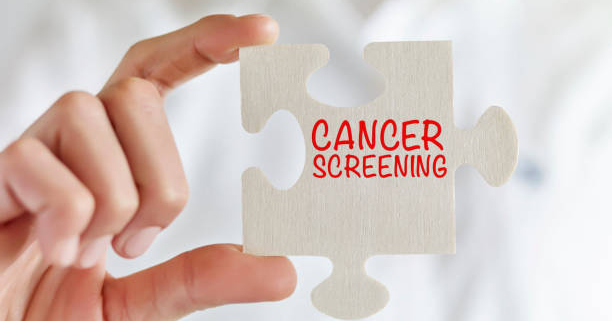The Importance of Regular Cancer Screening & Check-Ups
Cancer is a disease that doesn't always show warning signs in its early stages. That’s why regular screenings and medical check-ups are some of the most powerful tools we have for early detection, prevention, and treatment.
Why Regular Cancer Screenings Matter
Early detection can save lives. Many types of cancer — such as breast, cervical, colon, skin, and prostate — can be treated more effectively when found early. Screenings can detect abnormal changes even before symptoms develop, giving patients a head start on treatment.
What Are Cancer Screenings?
Cancer screenings are tests done before symptoms appear, to find signs of cancer or precancerous conditions. Common examples include:
-
1. Mammograms for breast cancer
-
2. Pap smears for cervical cancer
-
3. Colonoscopy for colorectal cancer
-
4. PSA tests for prostate cancer
-
5. Skin checks for melanoma
-
6. Low-dose CT scans for lung cancer (especially in smokers)
Your doctor will recommend screenings based on your age, family history, lifestyle, and risk factors.

Benefits of Regular Check-Ups
- 1. Early Detection Saves Lives: Catching cancer early often means a better prognosis and simpler treatment.
- 2. Peace of Mind: Knowing your health status can reduce anxiety.
- 3. Cost-Effective: Early-stage treatment is often less expensive than late-stage care.
- 4. Healthy Lifestyle Reinforcement: Regular doctor visits encourage better daily habits and awareness.
- 5. Tracking Family History: Check-ups help monitor hereditary risk factors.
Who Should Get Screened?
While everyone should have regular check-ups, some groups are at higher risk and need more frequent or earlier screenings:
- People with a family history of cancer
- Individuals over the age of 40
- Smokers or those with a history of tobacco use
- People with certain chronic diseases or weakened immune systems
Common Myths About Cancer Screenings
- Myth 1: "I feel fine, so I don’t need a check-up."
- Truth: Many cancers don’t show symptoms until it’s too late. Early detection is key.
- Myth 2: "Cancer doesn’t run in my family, so I’m safe."
- Truth: While family history is a factor, anyone can get cancer.
- Myth 3: "Screenings are painful or risky."
- Truth: Most screenings are quick, safe, and minimally invasive.
Prevention is Better than Cure
Regular screenings aren’t just about early diagnosis — they’re about cancer prevention too. Some tests can identify and remove precancerous cells before they turn into cancer (like polyps during a colonoscopy).
Take Action Today
If you haven’t had a check-up in over a year, book one today. Talk to your doctor about what screenings are right for you. Encourage your loved ones to do the same. A few hours of your time could add years to your life.

Conclusion
Your health is your most valuable asset. Regular cancer screenings and medical check-ups are small steps that can make a big difference. Stay informed, stay proactive, and never underestimate the power of prevention.